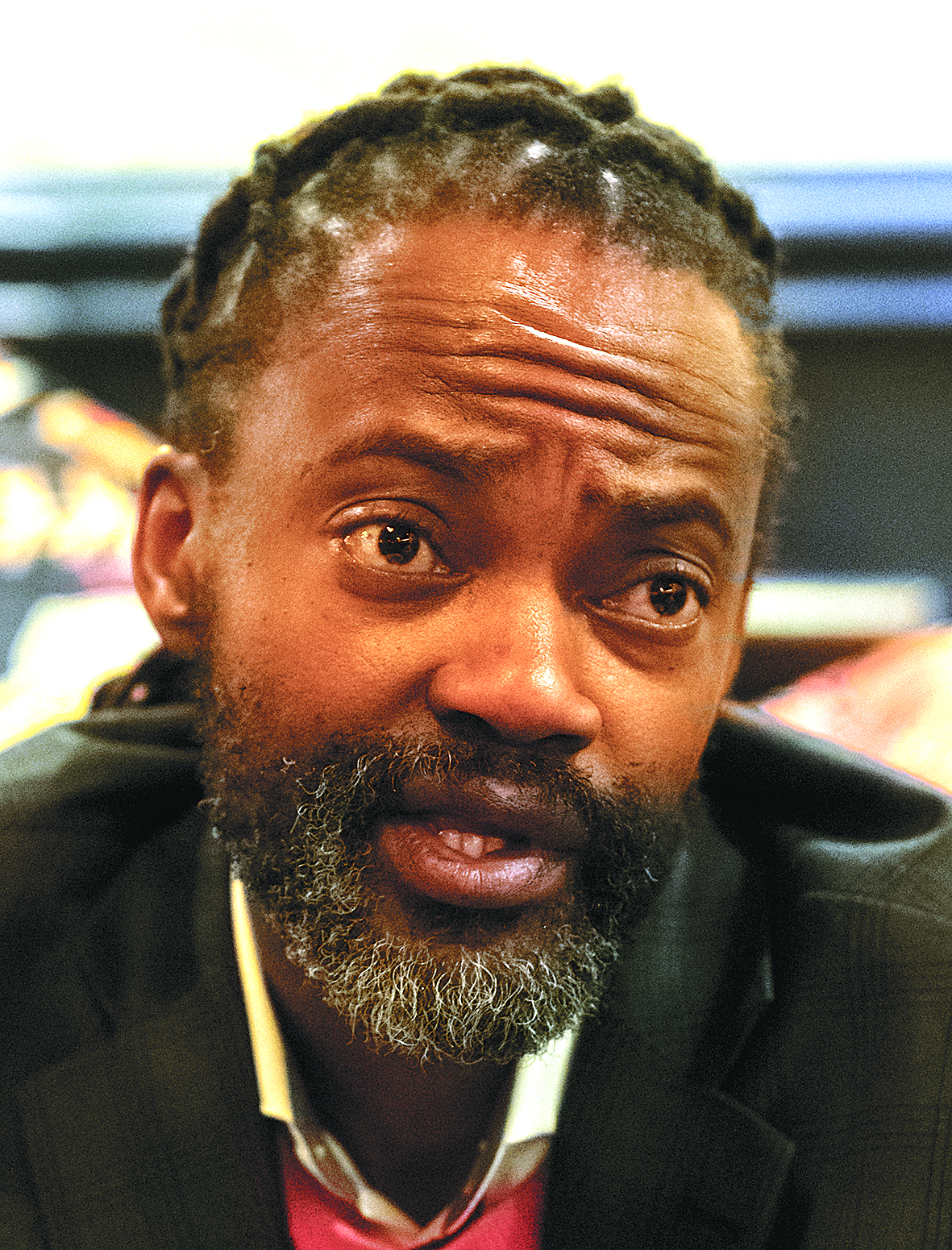Clear criteria for expanding BRICS urged
By Edith Mutethya in Nairobi, Kenya | China Daily | Updated: 2023-08-14 07:10

African experts expect opportunity to strengthen voice of developing nations
With BRICS expected to consider membership of additional countries at the upcoming 15th BRICS Summit, experts said the grouping should come up with clear modes for expansion and discuss its commitment to development amid geopolitical uncertainties.
Countries including Egypt, Algeria, Nigeria, Saudi Arabia, Bahrain, Argentina, Mexico, the United Arab Emirates and Iran have applied for membership in BRICS, whose current members are the major emerging economies of Brazil, Russia, India, China and South Africa.
The summit will be held in Johannesburg, South Africa, from Aug 22 to 24.
Philani Mthembu, executive director of the Institute for Global Dialogue associated with the University of South Africa, said the summit should consider modes of expansion not limited to immediate full membership.
He suggested that the group formalize the idea of BRICS dialogue partners, which would be invited to take part in the group's summits.
"Expansion shouldn't be limited to an immediate full membership; it could institutionalize the various outreach programs seen since 2013," Mthembu said.
David Monyae, director of the Centre for Africa-China Studies at the University of Johannesburg Confucius Institute, said membership criteria should involve looking at each applicant's economy and ensuring fair representation of continents.
Monyae said expansion would strengthen the voice of developing countries as well as bring new ideas to the table on development and climate change.
It would also promote a global shift in how countries relate, moving away from the United States-led post-World War II world order, particularly regarding issues such as the US dollar's dominance, he added.
Monyae said expansion of BRICS would ensure a multiplicity of currencies in the global basket, which would offer countries more opportunities as well as alternative voices and funding sources.
"I believe it will make the developed countries listen more carefully," he said.
"The world will start experiencing balancing of power because the United States will not pull the weight that it's pulling currently and it won't be as reckless domestically in terms of overborrowing."
Increased membership might also compel the US to stop the use of sanctions and abuse of the institutions of global governance.
Mthembu said he believes the expansion of BRICS would signal further movement toward a multipolar world order.
"BRICS countries do not like the unipolar world order. They believe that each of the regions has an important voice in global affairs," he said.
"An expansion, whether a conservative approach or a much stronger approach of admitting full membership, will have an important impact, and it will be a catalyst toward an increasingly multipolar world order," Mthembu added.
Fulufhelo Netswera, executive dean on the faculty of management sciences and head of the BRICS Research Institute at Durban University of Technology, said it would be highly speculative to suggest the criteria that should be used for new membership.
However, "one could think about the following as potential membership requirements: a demand that a member should not wage war against another unless and until the organization has exhausted all means at resolving the problem through peaceful means", he said.
























